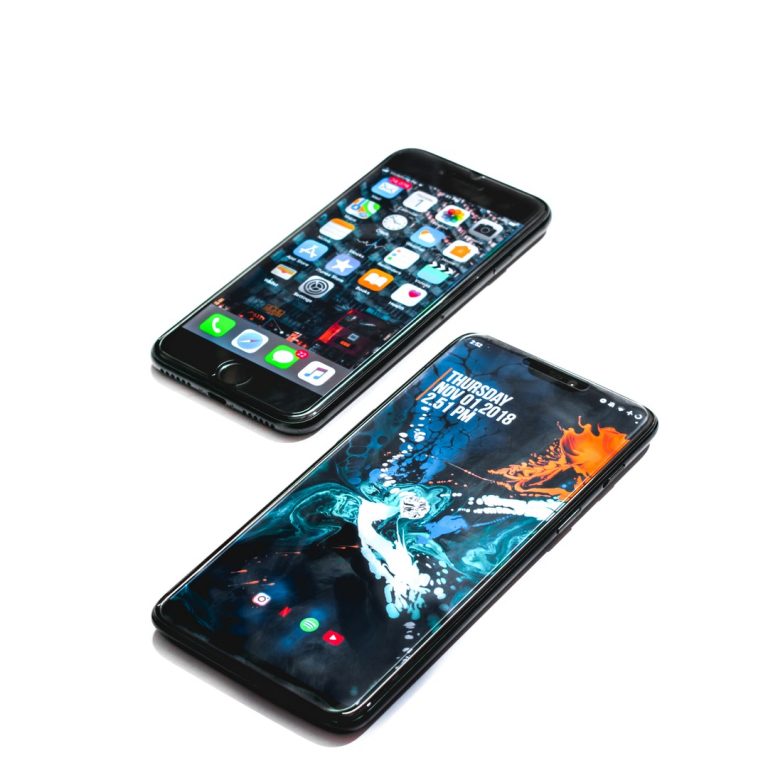Apply yourself to your app.
There were 38 billion downloads of apps in the second quarter of 2020 alone. App development is a multi-billion dollar industry, and you can reap some of that money with a smart and fun product.
But before you start programming, you need to decide which operating system you want. iOS and Android have their advantages and disadvantages, and you need to break them down.
Look no further. Here is a quick guide to iOS vs Android.
iOS vs Android App Development
iOS and Android have different codes, ecosystems, and update speeds. You can work by yourself or in a team within either system. But the details of both are worth mentioning.
iOS is written in Swift, Apple’s official programming language. Android apps are mostly written in Java. Java commands require more lines of code than Swift commands, with some Android apps requiring 40% more lines than iOS apps.
Apple’s ecosystem is closed, meaning that iOS content is restricted to Apple-regulated devices. You have to use Apple’s features, but they offer many, and those features are highly controlled for quality and stability.
Android is open-source. You can use your own devices, and you can modify those devices to your needs and skills. But open-sourcing Android means there is less security on the platform.
Apple’s regulations mean it takes longer to approve your app for the App Store. Apple may decline your app or its updates. Android apps take only a day or two to get approved, and you can release updates within one day.
Audience
You need to decide what your app’s audience is. Consider the need that your app meets, and who that need affects.
iOS users are consolidated within the United States, Western Europe, and Australia. If your audience is in these regions, iOS is better for you.
Android users are spread all over the world. Android dominates South America, Russia, and Asia in particular. If your audience is in these regions, or if you are looking for a broad global audience, Android is better for you.
iOS users tend to have more money. They tend to be younger, and iOS dominates the 18-to-24-year old market. Apple users tend to be in professional jobs, especially in the enterprise market.
Android users have less money to spend, and they are less willing to spend money on apps. They tend to work in technical jobs, with less advanced educational degrees.
Monetization
Apple users make more in-app purchases than Android users. Shopping apps generate the most revenue, especially in North America and China.
Android supports in-app advertisements very well. Utility apps are the best selling apps on the platform.
Android users do spend less money on apps, but the market share for Android can offset this deficit. To determine your profit margin, consider your audience share and your means of monetization.
Design to Your Desire
Apps are growing in popularity. But the iOS vs Android debate remains fierce. Learn the basics, and decide the right operating system for you.
If you are looking for easy coding, an affluent audience, and monetization through in-app purchases, choose iOS. If you are looking for an open-source system with a large global audience and in-app advertisements, choose Android.
Infuse your app with your unique personality. Enfuse Creative Design offers a wide variety of creative services for your app. Contact us today for a free consultation.
